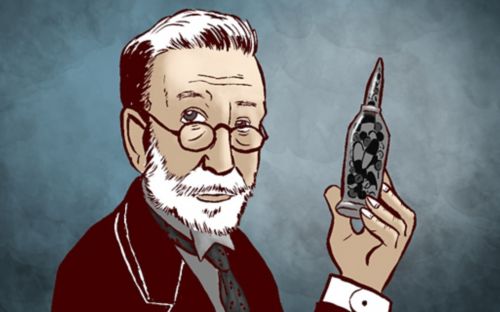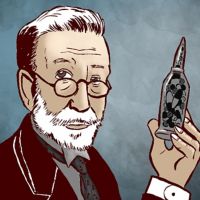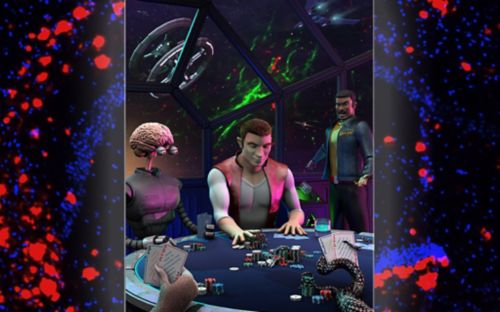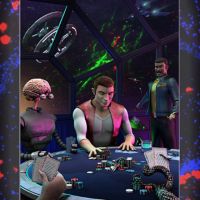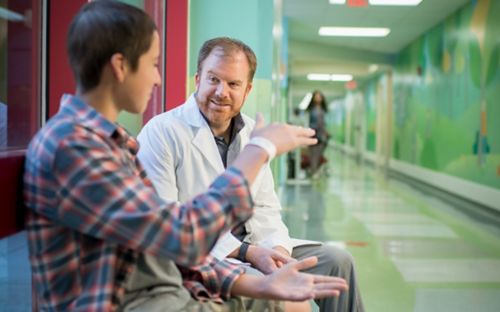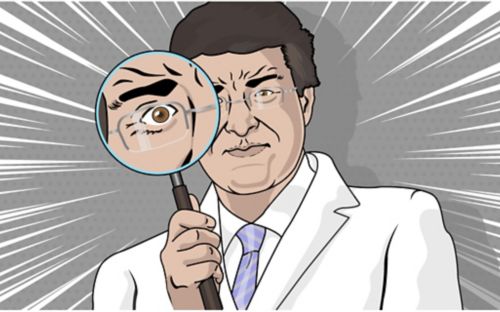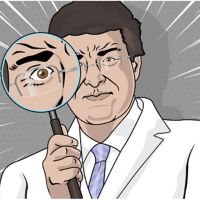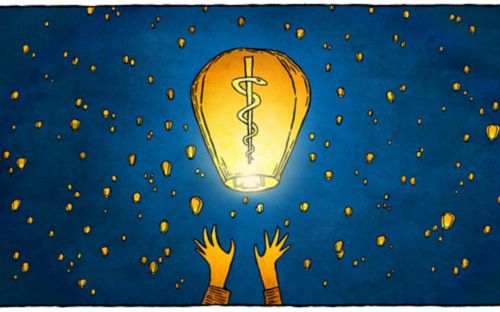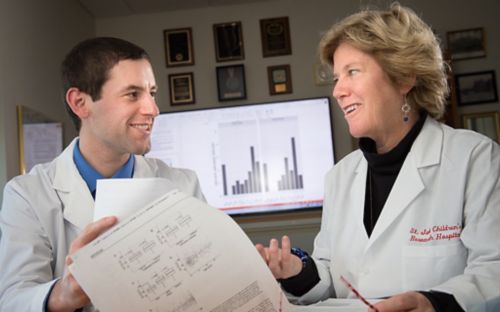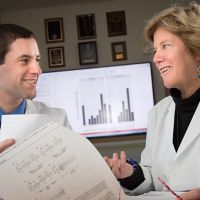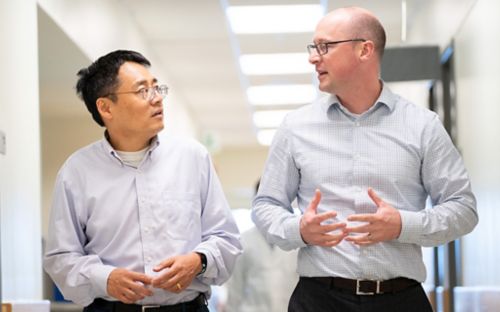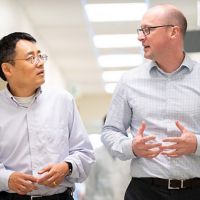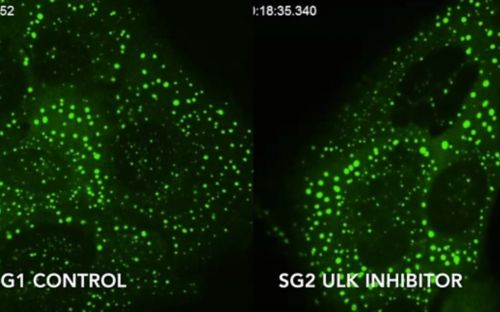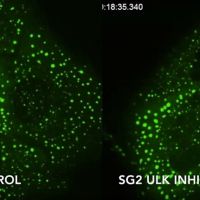St. Jude Family of Websites
Explore our cutting edge research, world-class patient care, career opportunities and more.
St. Jude Children's Research Hospital Home

- Fundraising
St. Jude Family of Websites
Explore our cutting edge research, world-class patient care, career opportunities and more.
St. Jude Children's Research Hospital Home

- Fundraising
2019 Archive
New chemotherapies change the paradigm of cancer treatment
New treatments have led to new thinking and new approaches to pediatric cancer – and sometimes, a cure isn’t the goal.
Lando: Star Wars smuggler or possible ally against Alzheimer’s disease?
High science calls on Star Wars character as a potential ally against Alzheimer’s disease.
SJELIOT clinical trial explores a new approach for recurring and unresponsive medulloblastoma tumors
St. Jude is testing adult cancer drug prexasertib in children with recurrent or refractory medulloblastoma to inhibit checkpoint kinase chk1/2.
The 17 Samurai
Hiroto Inaba: scientist, pediatric oncologist and "first son" of an old samurai family. His unfortunate enemy: childhood cancer.
Patient care and clinical informatics: creating balance between technology and clinical care
A physician scientist updates the St. Jude model of research and clinical care, transforming clinical informatics.
Acute lymphoblastic leukemia: collaborations in China showcase the power of global cancer care
An agreement between one U.S. hospital and two Chinese hospitals in 1991 has completely changed global pediatric cancer care.
Optimizing leukemia treatment through pharmaceutical science
Effective leukemia treatment is one thing – making sure it’s optimized with minimal implications is another. Read research juggles both to help patients.
Discovering how T cell “exhaustion” is triggered could energize cancer immunotherapy
Read how the discovery of this gene could change immunotherapy cancer and viral infection treatments.
‘Black hole’ of cancer journey? Transition oncology program fills the gap
You’re just out of cancer treatment – now what? Read about the transition oncology program that helps young cancer patients get back to living.
Enzymes that unlock stress granules, our cells’ biological ‘storm shelters,’ open pathway to treating muscle, brain disorders
Stress granules form from heat shock to the cell then disappear, but when treated with an inhibitor to the protein ULK, the stress granules persist event after removal of the stress.
